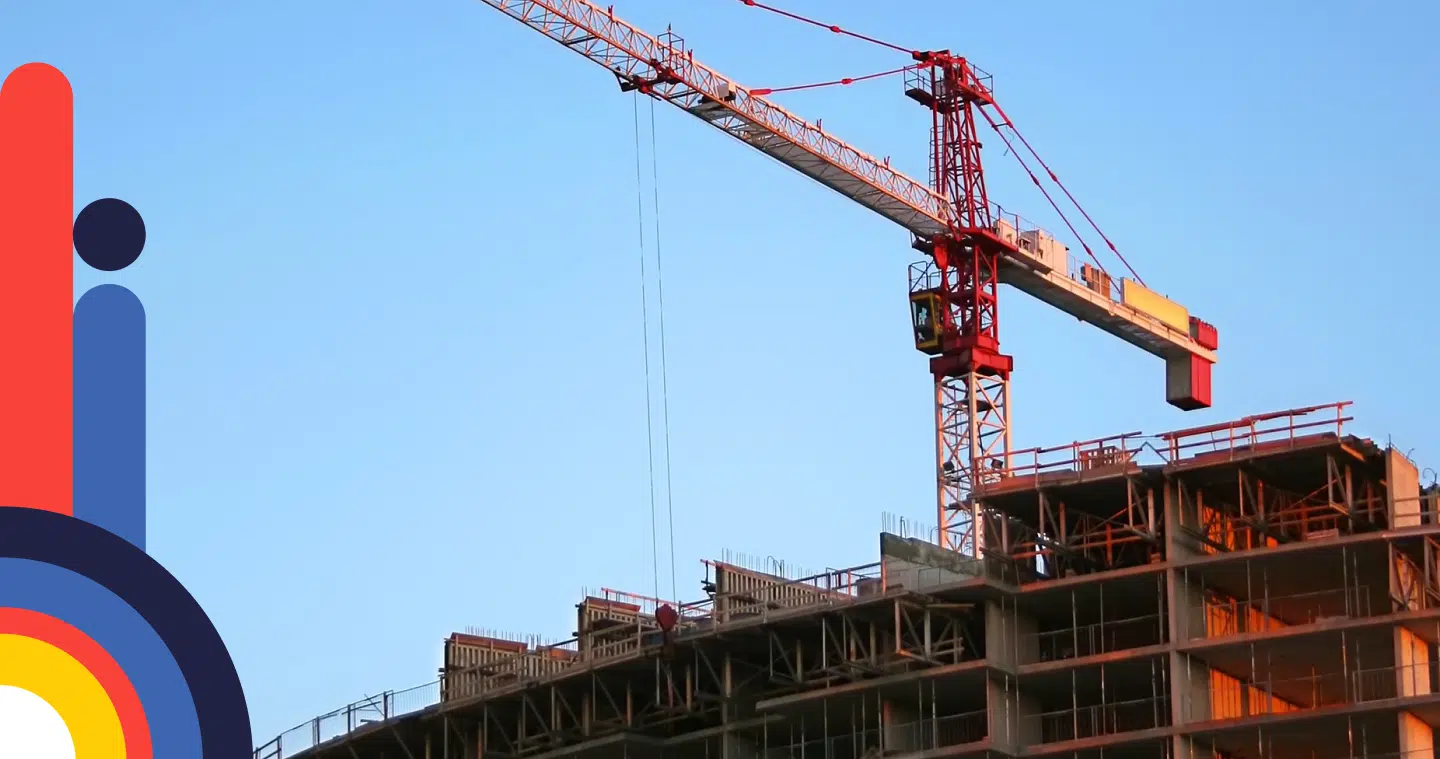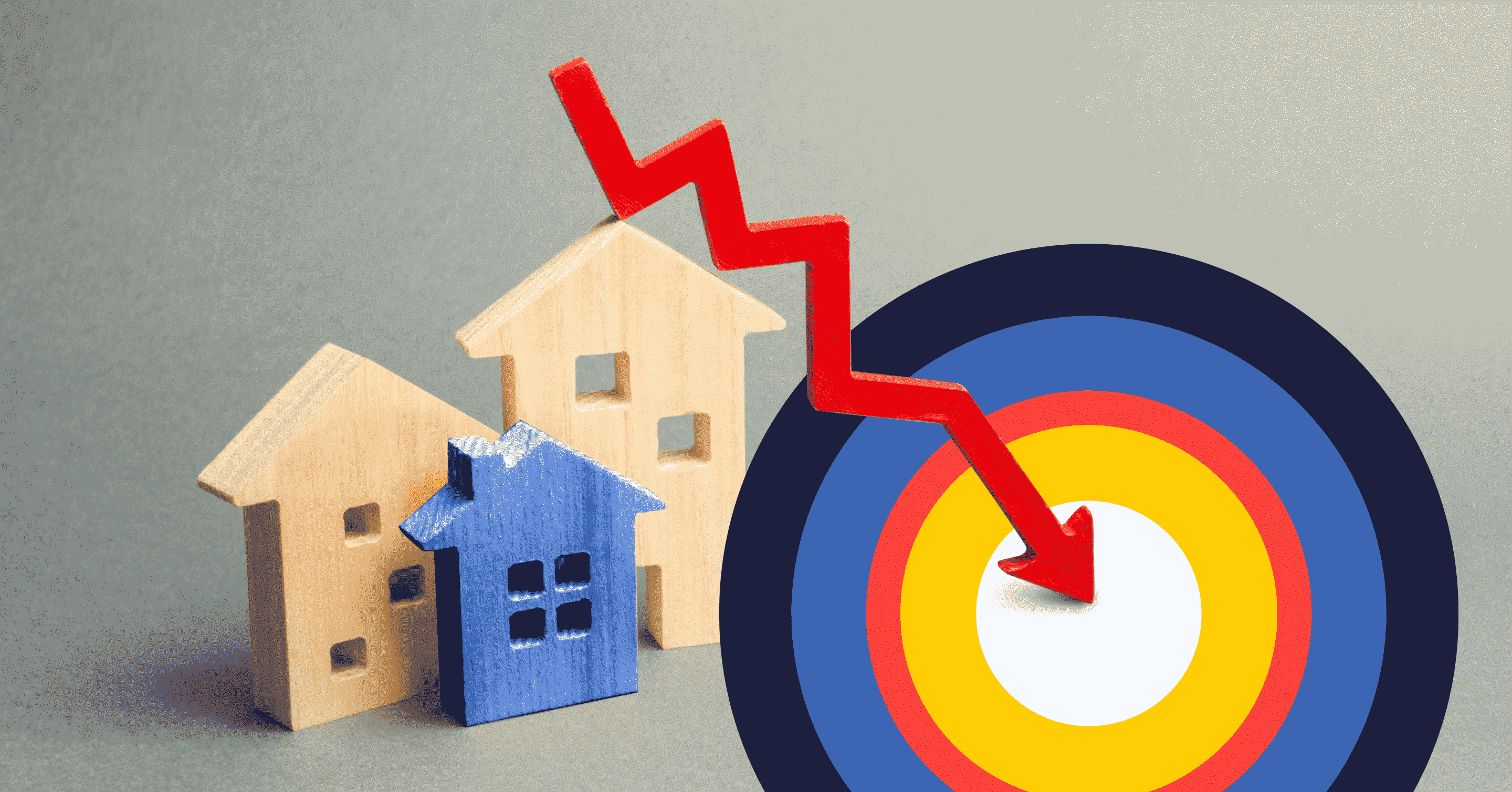Real Estate #Featured articles
Real Estate #Featured articles
Housing Starts and Housing Supply in Canada: The Impact on the Housing Market

Table of contents
The housing market in Canada has been a topic of concern in recent years due to the growing disparity between housing starts and housing supply. This issue has had a significant impact on housing affordability and accessibility for prospective homebuyers. In this article, we will delve into the concept of housing starts, explore the factors affecting housing supply, analyze the implications for the housing market, and discuss potential solutions to address the imbalance. Let’s begin by understanding what housing starts entail.
Key Highlights
- Canada is not building houses fast enough to keep up with increasing demand due to population growth and immigration.
- The lack of housing supply in face of high demand results in decreased affordability in the housing market.
- A robust government policy response is needed to address unaffordability and increase construction in order to mitigate the impact of the housing crisis.
Understanding Housing Starts in Canada
Definition and Measurement
Housing starts refer to the commencement of construction work on buildings where dwelling units will be located. In Canada, this can be described as the stage when the concrete has been poured for the entirety of the footing around the structure or an equivalent stage where a basement will not be part of the structure. The Canada Mortgage and Housing Corporation (CMHC) provides data and insights into housing starts, offering valuable information on the state of the housing market.
Historical Trends
Over the years, housing starts in Canada have experienced fluctuations due to various economic and market factors. According to historical data, housing starts have averaged around 191,000 units from 1977 to 2023. The highest recorded housing starts were in March 2021, reaching 321,000 units, while the lowest point was in August 1982, with only 90,000 units. While the former statistic can be attributed to the large number of building projects resuming after being on pause due to the pandemic, these figures highlight the volatility of the housing market and the need for a balanced and sustainable approach to housing supply.
Factors Affecting Housing Starts
Several factors contribute to the fluctuation in housing starts in Canada. Understanding these factors is crucial in comprehending the challenges faced by the housing market and the implications for homebuyers and the broader economy.
Economic Conditions
Economic conditions play a significant role in determining the level of housing starts. During periods of economic growth and stability, there is usually an increased demand for housing, leading to higher housing starts. Conversely, economic downturns can dampen housing starts as potential buyers may be cautious about making significant investments.
Immigration and Population Growth
Population growth is another crucial factor influencing housing starts. As the population increases, the demand for housing naturally rises. Cities and regions experiencing robust population growth often witness higher housing starts to accommodate the growing demand. When the rate of housing starts cannot keep up with demand due to growing population, the resulting housing shortage further decreases housing affordability.
According to economist Francis Gosselin, Canada is currently playing catch-up with immigration following a standstill over the pandemic. Current levels of immigration are at 500,000 new inhabitant a year and are expected to stay at this level for coming years. Simply put, Canada is not building houses fast enough to accommodate the number of newcomers.
Government Policies
Government policies and regulations also impact housing starts. Policies related to zoning, land-use regulations, and building codes can affect the feasibility and cost of construction projects. Changes in government policies, such as incentives for affordable housing or restrictions on certain types of developments, can influence the supply of housing and, consequently, housing starts.
Housing Starts vs. Housing Supply In Canada
The disparity between housing starts and housing supply has become a pressing issue in Canada’s housing market. Insufficient housing supply relative to demand has led to various challenges and consequences.
Housing Market Imbalance
The imbalance between housing starts and housing supply has created a shortage in many areas, particularly in high-demand urban centers. This scarcity drives up housing prices, making homeownership less affordable for many Canadians. The increasing gap between supply and demand exacerbates the affordability crisis, leading to a widening wealth gap between homeowners and renters.
According to data released by CMHC, Canada needs 3.5 million housing units to restore affordability. While Alberta and Quebec are currently keeping pace with demand, it is projected that the two provinces, along with British Columbia and Ontario, will need a larger and larger supply very soon.
Impact on Affordability
The limited housing supply has resulted in skyrocketing home prices, making it increasingly challenging for first-time homebuyers to enter the market. The high demand for a limited number of properties has driven up bidding wars, further inflating prices. As a result, many individuals and families are forced to rent for more extended periods, struggling to save enough for a down payment.
Challenges for Homebuyers
The housing supply issue also presents challenges for prospective homebuyers. Limited supply means fewer options to choose from, often resulting in compromised preferences or settling for less desirable locations or properties. Additionally, the competitive market puts buyers under pressure to act quickly, potentially leading to hasty decisions or overpaying for a property.
Addressing the Housing Supply Issue In Canada
To tackle the housing supply issue, various stakeholders, including the government, industry professionals, and communities, need to collaborate and implement strategic measures. Here are some potential solutions:
Government Initiatives
The government plays a crucial role in addressing the housing supply issue. Implementing policies that encourage housing development, such as streamlining regulations and providing incentives for builders, can stimulate construction activity. Additionally, investing in infrastructure and transportation can open up new areas for development, easing the pressure on high-demand regions.
Increasing Construction Activity
To boost housing starts, increasing construction activity is essential. This can be achieved through partnerships between the public and private sectors, where developers and builders are incentivized to undertake new projects. Encouraging innovation in construction methods and materials can also expedite the building process and increase housing supply.
Promoting Affordable Housing
Addressing the affordability crisis requires a focus on affordable housing initiatives. Governments can offer subsidies or tax incentives to developers who build affordable housing units. Implementing inclusionary zoning policies, which require a percentage of new developments to be affordable housing, can also contribute to increasing the supply of affordable homes.
The Housing Market Outlook For Canada 2023
Short-Term Forecast For Canadian Housing
The Canadian housing market in 2023 is expected to remain steady, with some fluctuations caused by a possible recession.
It is important to remember that no one can accurately predict what will happen in the future. Increased foreign policy risks may make it possible for a housing crash to occur.
While a housing crash in 2023 seems unlikely, anything can happen, and both buyers and sellers should always prepare for the worst-case scenario when investing in real estate.
Interest rates are predicted to remain the same through the end of 2023, giving buyers access to better purchasing power with more affordable mortgage payments.
The supply of homes on the market are in question right now, but this could shift over time if sellers decide to list their properties to take advantage of higher prices.
Find a better rate, and we’ll match it, beat it, or give you $500*.
*Conditions Apply
With nesto, it’s stress-free
Frequently Asked Questions
Welcome to our Frequently-Asked Questions (FAQ) section, where we answer the most popular questions designed and crafted by our in-house mortgage experts to help you make informed mortgage financing decisions.
Is there a shortage of housing supply in Canada?
Yes, Canada’s housing supply has had trouble keeping up with the fast increasing demand for housing in the country.
What is causing the housing shortage in Canada?
There are many factors causing the housing shortage in Canada. Namely, Canada’s housing supply and construction rate cannot keep up with the current increasing demand for housing driven by population growth and immigration.
Will houses ever be affordable again in Canada?
The housing market is always changing alongside the various socioeconomic factors that influence it. In the context of the current housing crisis, however, experts agree that robust government action and policy responses are needed to restore affordability in the housing market.
Should I buy a house now or wait until 2024 Canada?
Despite the uncertainty in the housing market, 2023 could be an excellent time to buy a house. Interest rates and housing prices are likely to reduce while wages rise – a combination that means more buying power.
Final Thoughts
The disparity between housing starts and housing supply poses significant challenges for the housing market in Canada. The shortage of housing has led to increased prices, reduced affordability, and limited options for prospective homebuyers. Addressing this issue requires collaboration between various stakeholders and the implementation of strategic measures such as government initiatives, increased construction activity, and a focus on affordable housing. By taking proactive steps, Canada can strive towards a balanced and accessible housing market that meets the needs of its citizens.
Ready to get started?
In just a few clicks, you can see our current rates. Then apply for your mortgage online in minutes!















